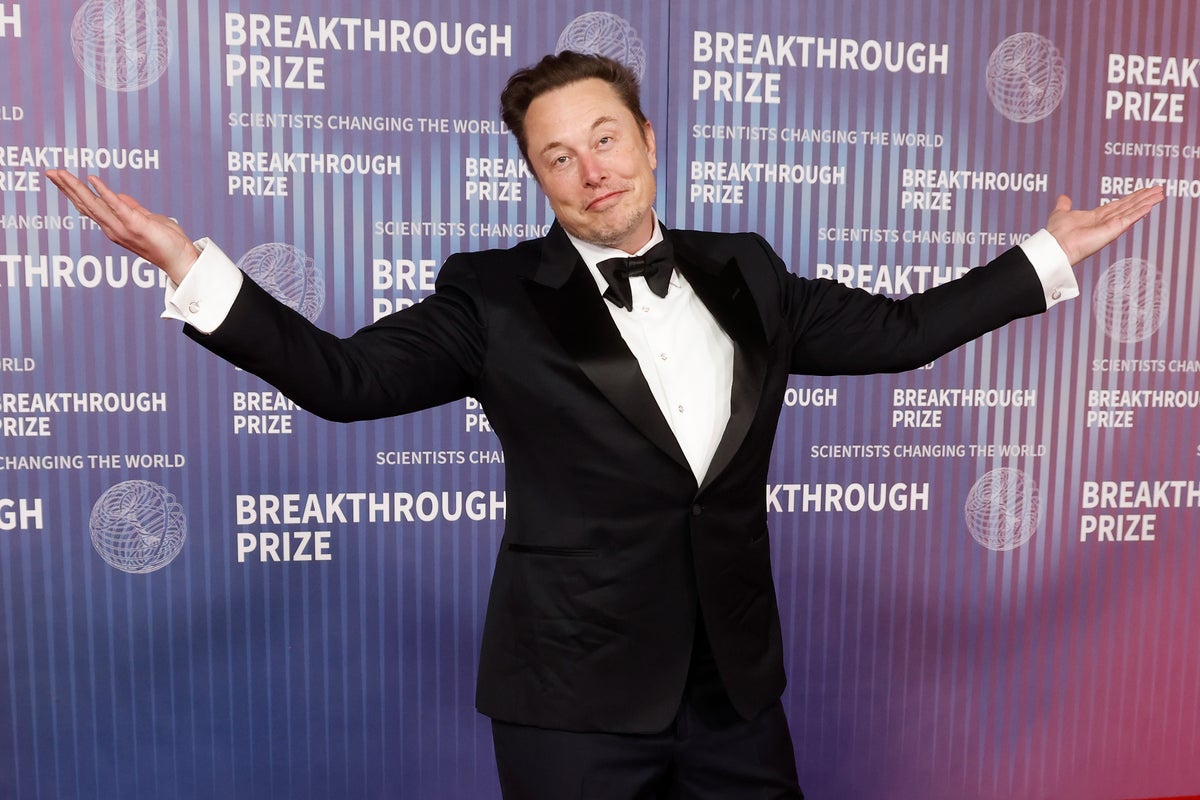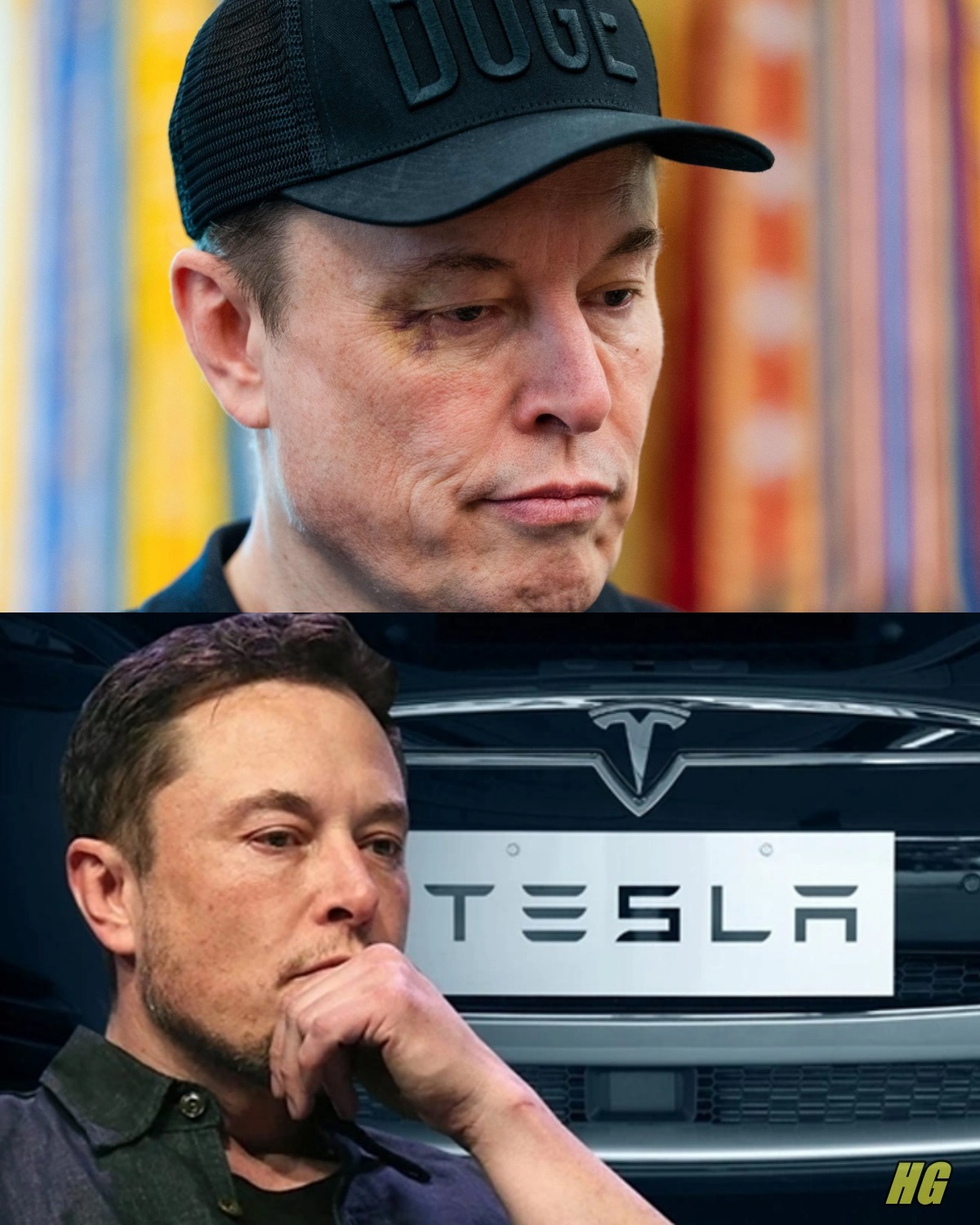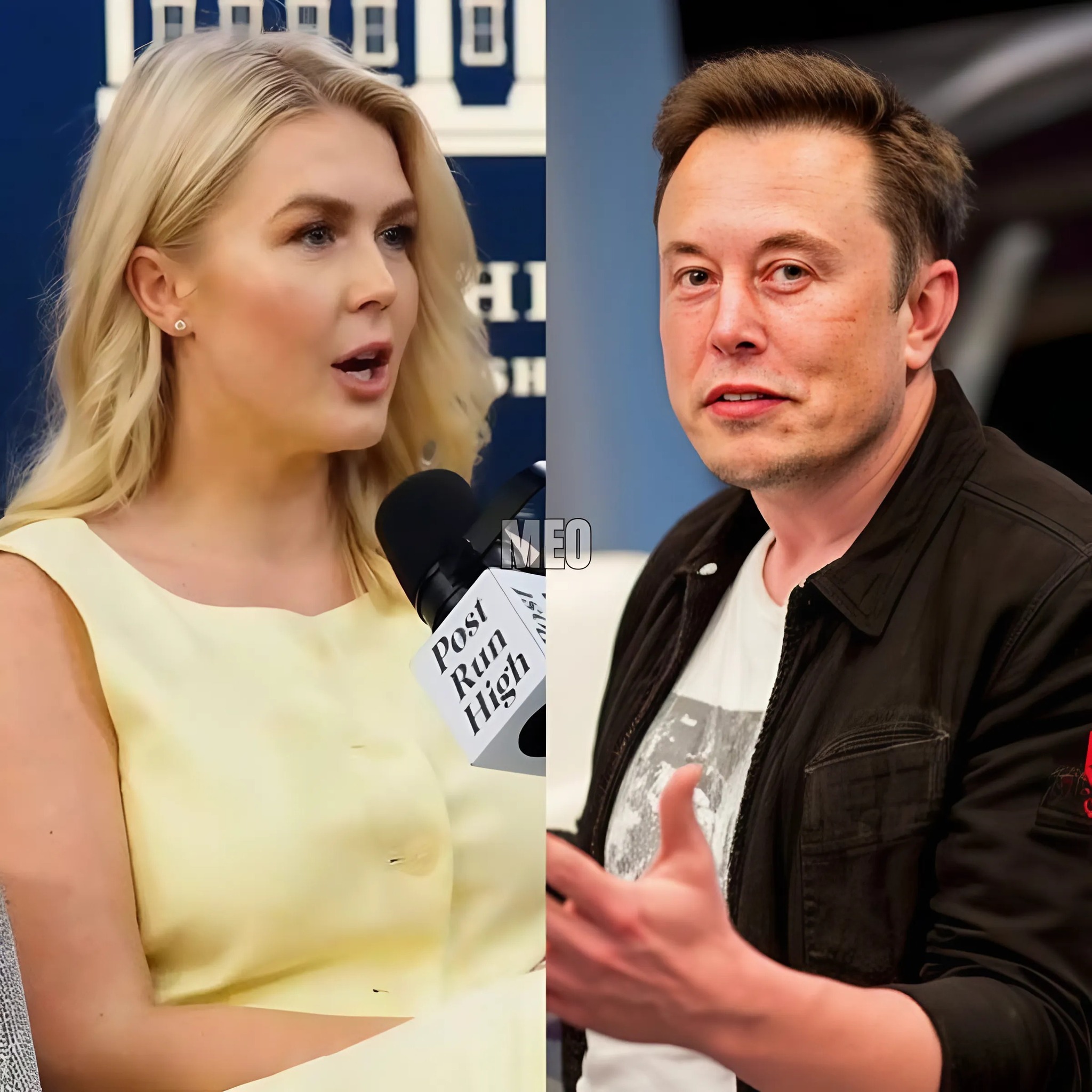In an astonishing revelation that has stirred both shock and skepticism in the tech and financial communities, Elon Musk, the world’s richest man, has been receiving $0 in salary from Tesla in 2024. While most CEOs of S&P 500 companies are raking in millions, Musk’s compensation, or lack thereof, has raised eyebrows across the globe. His case sheds light on the complexities of executive pay, stock performance, and legal entanglements within corporate governance.
Elon Musk’s salary has remained at a shocking $0 for several years. This startling situation stems from a massive stock award Musk received back in 2018, which continues to fuel a contentious legal battle. According to a recent report by the Wall Street Journal (WSJ), Musk’s current pay package was denied twice by the courts, citing procedural flaws in its creation. This issue revolves around the structure of his compensation, which has been the subject of prolonged disputes over the years.
While the details of Musk’s pay remain a topic of legal and corporate scrutiny, the general understanding is that Musk has not taken a salary from Tesla since 2018. Instead, his compensation is heavily tied to stock performance, with a goal of aligning his earnings with Tesla’s long-term value growth.

Despite not receiving a paycheck, Musk’s influence and strategic leadership have contributed to the remarkable increase in Tesla’s market value, which has surged more than 2,000% since his compensation package was initially designed.
The announcement that Musk was the lowest-paid CEO of an S&P 500 company in 2024, with his salary standing at $0, quickly went viral on social media. The news triggered a wave of reactions, some sympathetic, others critical.
Musk himself responded to the news with a typically candid post on X (formerly Twitter), where he stated, “Zero for seven years, despite increasing the value of the company by over 2000%.” This remark highlights Musk’s non-traditional approach to executive compensation, where he is less concerned with immediate pay and more focused on driving long-term value creation.
Public responses were varied. Some individuals expressed sympathy for Musk, stating that he doesn’t need a paycheck given his massive wealth. One person noted, “It’s not like the extra paycheck would make any difference for you financially. It must be nice to work for free.” However, others raised questions about the ethical implications of such a compensation structure, arguing that it reflects an imbalance in how top executives are compensated compared to average workers.




